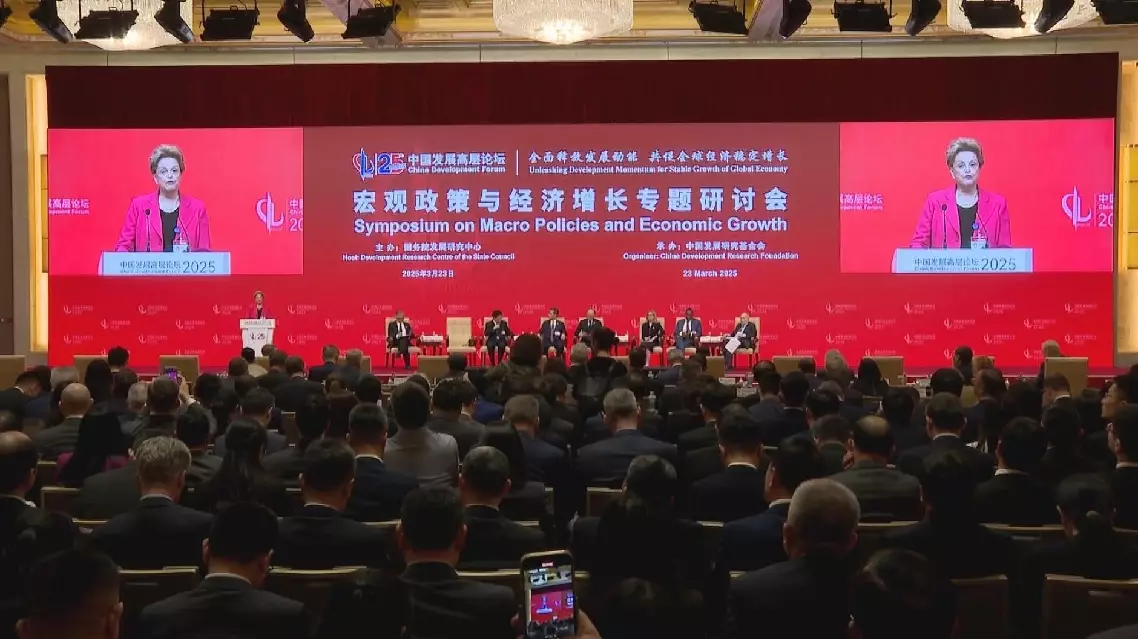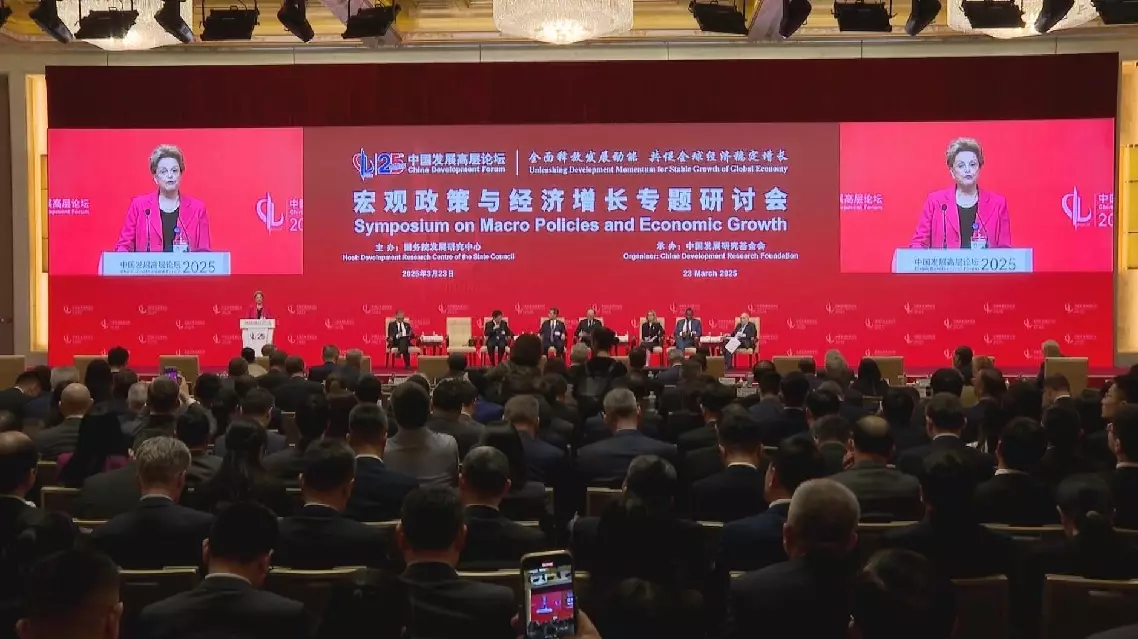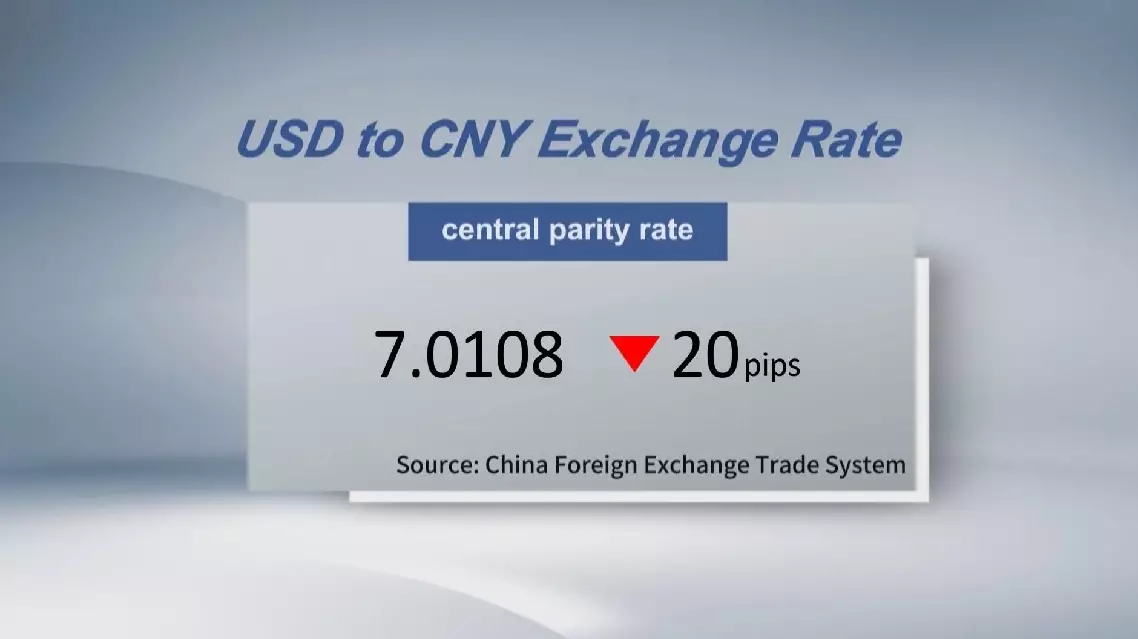Global business leaders attending this year's China Development Forum have unanimously given a vote of confidence in the long-term growth potential of the Chinese economy, pledging to continue investing in the promising market.
Against a backdrop of geopolitical uncertainties, the two-day forum served as a platform for the world's leading entrepreneurs and representatives from international organizations to discuss China's role in global trade and economic growth.
Chinese Premier Li Qiang struck an optimistic tone in his keynote address to the opening ceremony of the forum, emphasizing China's economic resilience and commitment to multilateral cooperation.
His remarks were met with extensive approval from the international attendees.
"The thing he talked about is going forward in the long run, the Chinese government has a lot of tool boxes, has a lot of ample space in the tool box to reinvest, to re-boost the economy. That gives us a high level of confidence there," said Lu Haiqing, global vice president of IHG Hotels and Resorts.
"He talked about many things. I like very much the importance that they gave to cooperation. Because for us individual markets in developing countries, [operating] without international cooperation is very difficult," said Dilma Rousseff, president of New Development Bank.
Similar sentiments were echoed by other CEOs from all over the world.
"Our long-term confidence in China is reflected in our continued investment. Over the past five years, we have invested more than 4.3 billion RMB. As a representative of Thai business community, we strongly believe that China is the future," said Saravoot Yoovidhya, CEO of TCP Group, a leading Thai enterprise in the beverage and food industry.
"We are providing technology for the green transition. What is China doing is very aligned with our global strategy," said Kim Fausing, CEO of Danfoss, a world-leading refrigeration industry giant.
Wendell Weeks, CEO of American multinational technology company Corning emphasized pragmatism over geopolitics when he said, "I am a simple technologist. I don't do politics, I invent things."
The forum saw notable American participation, including Apple CEO Tim Cook and U.S. Senator Steve Daines. The U.S. delegation was the largest at the forum, with 27 companies represented.
"So many U.S. CEOs coming to China shows there is a great desire to continue to have a vibrant relationship, and continue to find ways for the two countries to work together," said Sean Stein, president of U.S.-China Business Council.

Global business leaders give unanimous vote of confidence in China's economy

Global business leaders give unanimous vote of confidence in China's economy









